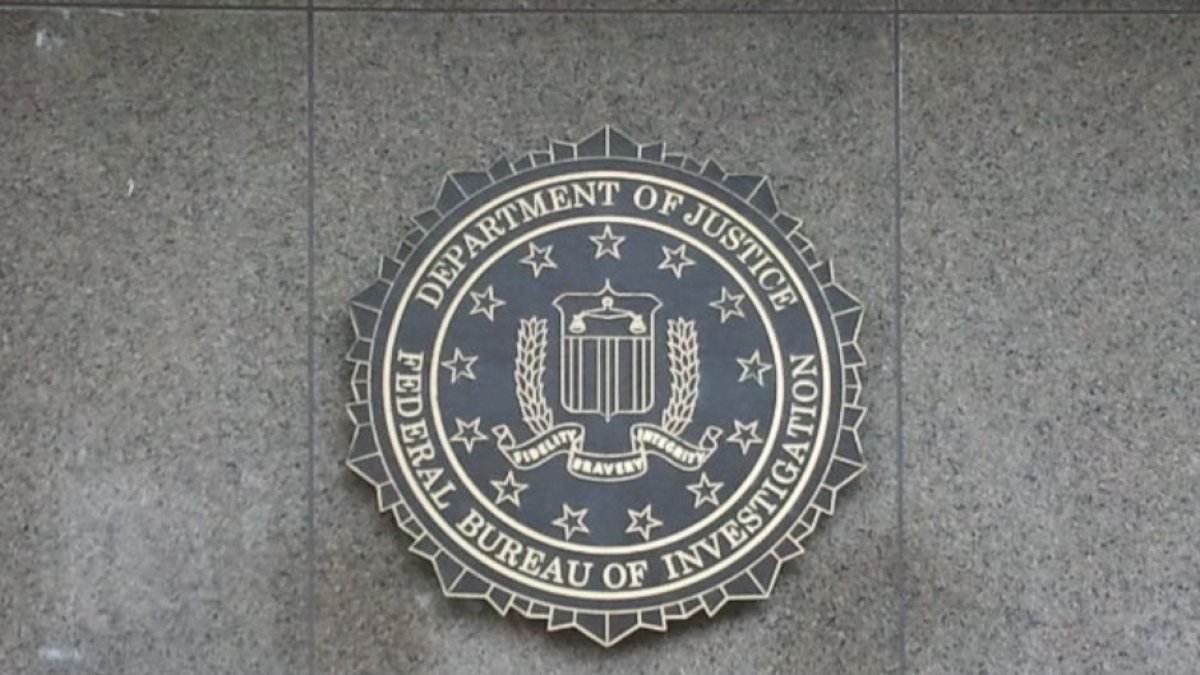FBI sent dozens of documents to Twitter hours before Hunter Biden story was buried
Shellenberger was the one who published the seventh installment of the Twitter Files and show the necessary evidence of the link between the agency and the social network.

Flickr -J
Journalist Michael Shellenberger posted the seventh installment of the Twitter Files, which was based on the FBI's role in burying Joe Biden's son's laptop story.
The first thing covered in the Twitter thread is that both the intelligence community and the FBI attempted to discredit information about Hunter Biden's dealings overseas. This was reportedly done both before and after The New York Post broke the story with information from the president's son's laptop.
According to Shellenberger, the FBI managed to preempt The New York Post's article by pressuring Twitter to promote information that would dismiss the reports as foreign hacking.
The FBI was already aware that the story was about to be published, so it decided to take matters into its own hands by telling social network executives that the Hunter Biden laptop story was part of a Russian "hack-and-leak" operation.
A suspicious timeline
According to the journalist's Twitter thread, The New York Post called Hunter Biden's lawyer for comment on the article to be published.
Shortly thereafter, the attorney called computer repairman John Paul Mac Isaac. A little more than two hours later, the FBI had sent a stack of documents to Twitter.
Elvis Chan, an FBI special agent in San Francisco, was responsible for sending a dozen documents to Yoel Roth, then Twitter's head of site integrity, via a one-way communication channel.
Although it is unclear what was contained in the documents sent by Chan, Shellenberger explained that they may have played a very important role in a historical cover-up, especially due to the way that social media would have reacted after the Hunter Biden story was first published.
Twitter managed to immediately ban practically all the information that came out about the president's son. This was not the FBI's only effort to cover up the case. According to the journalist, Chan organized "temporary Top Secret security clearances for Twitter executives so that the FBI can share information about threats to the upcoming elections."












